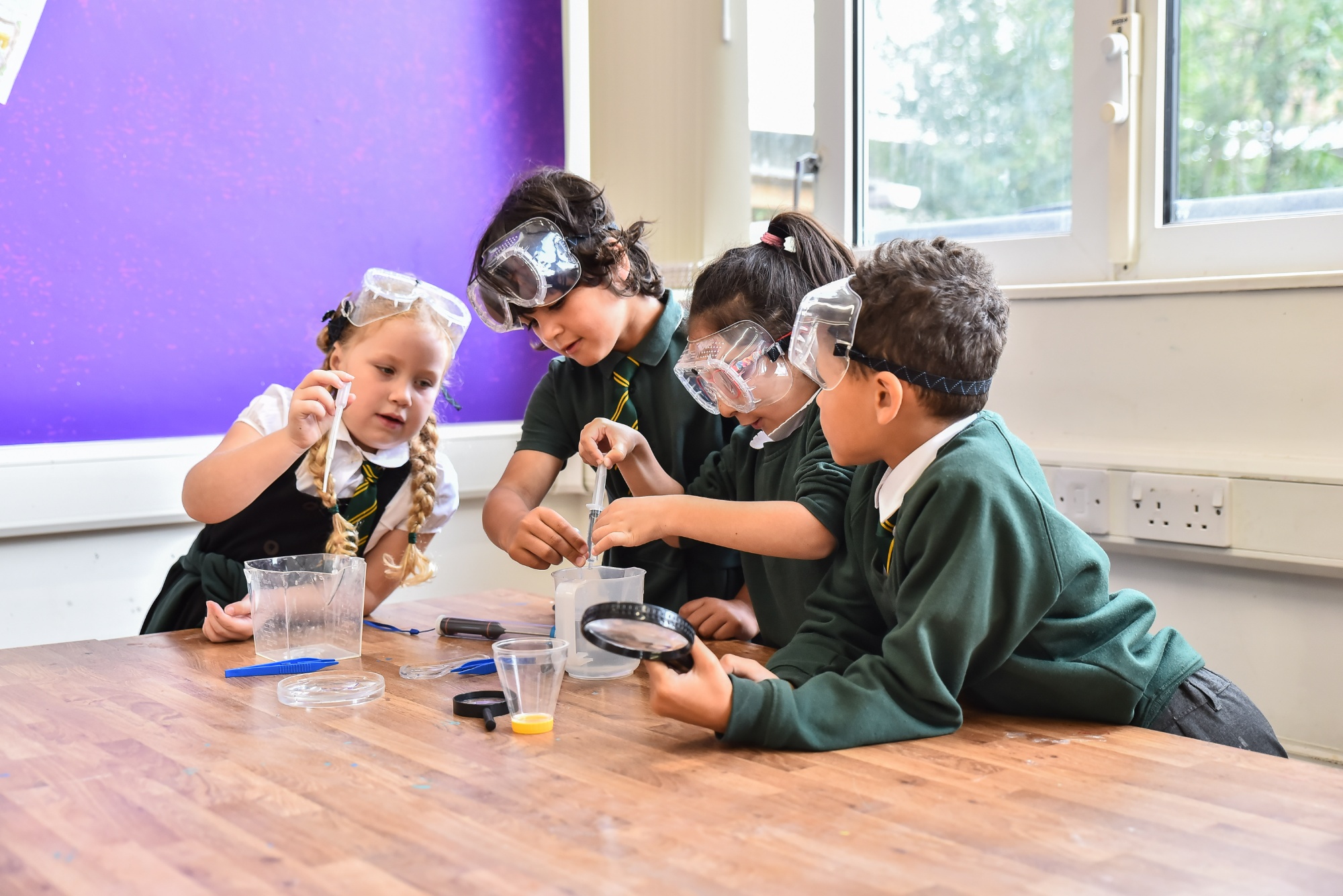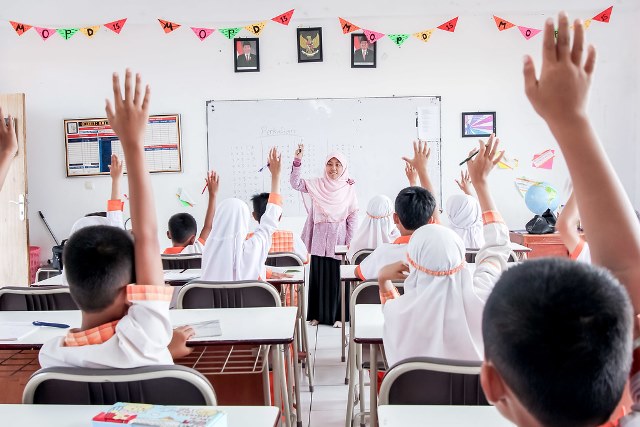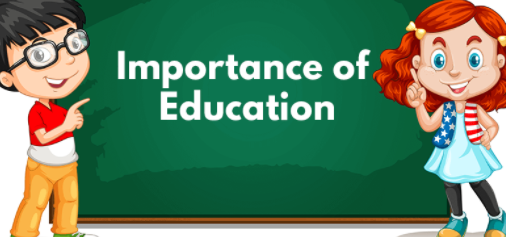Growing Emotional Intelligence in Students – Emotional intelligence is an important quality that needs to be developed in education. More than just teaching academic material, paying attention to and nurturing students’ emotional development is an important element in creating a balanced and successful individual inside and outside the school environment. In an increasingly complex and diverse society, emotional intelligence is becoming an invaluable skill.
The importance of emotional
Intelligence in students extends to various aspects of their lives. Through emotional intelligence, students can develop their ability to manage their own emotions and also to understand the emotions of others. This creates a strong foundation for healthy and productive interpersonal relationships, as well as their ability to cope with the stress and pressures of life.
Educators have a key role in helping students grow their emotional intelligence. First of all, it is important for educators to create a safe and supportive environment, where students feel comfortable sharing and expressing their emotions. Creating an inclusive and empathetic climate is an important first step in developing emotional intelligence in students.
Furthermore
Educators can introduce the basic concepts of emotional intelligence to students. Teaching students to recognize and understand their own emotions is an important first step in building emotional intelligence. This can be done through activities such as an emotion journal, group discussion, or self-reflection. In addition, teaching students about understanding emotions and how to manage strong emotions is also very important in building their emotional intelligence.
Educators can also integrate emotional intelligence learning into their curriculum. For example, through project-based activities, students can learn about teamwork, conflict management, and effective communication. This learning not only helps students in building their emotional intelligence, but also prepares them to face the real world challenges in the future.
In addition, educators can use a teaching approach that focuses on developing emotional intelligence. They can encourage students to think critically about their own emotions and the emotions of others through discussions, case studies, and simulations. Using real and relevant examples in the context of students’ lives can also help them understand and relate the concepts of emotional intelligence to their daily lives.
Developing emotional intelligence also requires cooperation between schools and parents. Open and collaborative communication between the two parties can help in understanding and supporting students’ emotional development. Parents can play an important role in providing emotional support to their children and teaching them healthy emotional management skills.
In addition
Schools can also provide additional support in the form of programs and services specifically designed to develop students’ emotional intelligence. This can include training programs for students and teachers, emotional counseling, or support groups. By providing these resources, schools can create an environment that supports and facilitates the development of students’ emotional intelligence.
It is important to remember that developing emotional intelligence is an ongoing process. Change does not happen instantly, but through the ongoing efforts of educators, parents and students themselves. With patience and shared commitment, we can create generations of students who have high emotional intelligence, are ready to face life’s challenges, and are able to contribute positively to the wider society.
In conclusion, emotional intelligence is an important aspect of student education. By paying attention to and nurturing the development of emotional intelligence, we can help students develop a balanced quality of self, manage their emotions well, and build healthy interpersonal relationships. With collaboration between educators, parents and schools, we can create an environment that supports and facilitates the growth of students’ emotional intelligence, helping them to become successful and happy individuals in the future.











